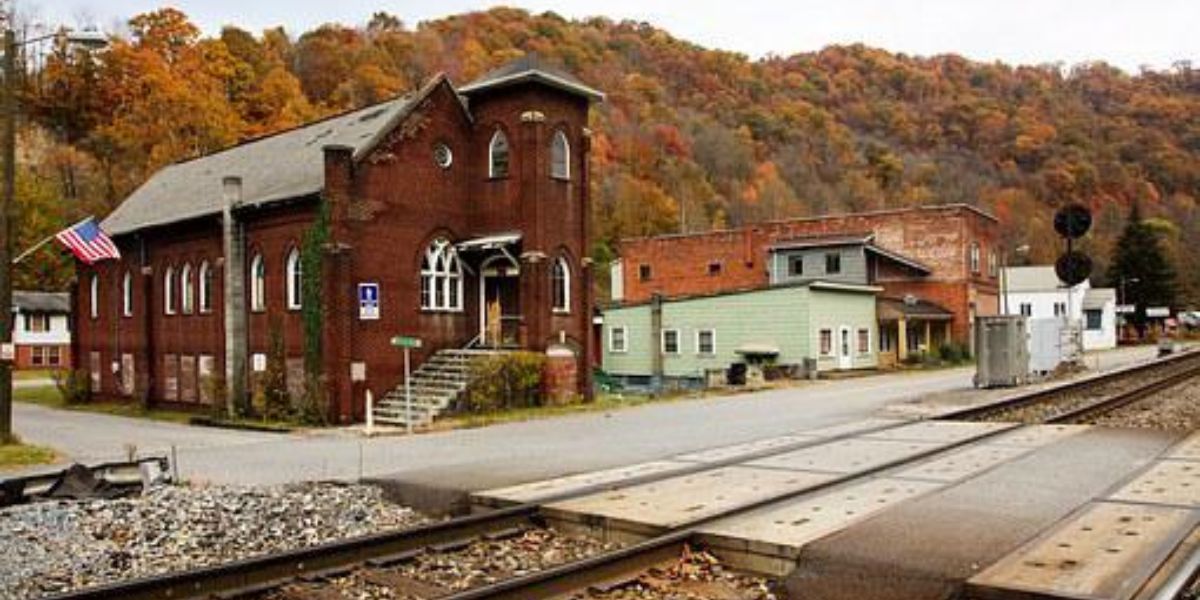While West Virginia offers beautiful mountain landscapes and a relatively low cost of living, many residents and potential newcomers have raised concerns about long-standing issues that affect quality of life and opportunity. Here are ten common arguments against relocating to the state, based on recent perspectives and lived experiences.
1. Limited Job Opportunities
West Virginia’s economy remains heavily dependent on traditional sectors like coal mining and agriculture, many of which have been in long-term decline. This lack of economic diversity limits opportunities in fast-growing fields such as technology, healthcare, and business, forcing many residents to commute out of state or relocate entirely for work.
2. High Poverty Rate
West Virginia consistently ranks among the states with the highest poverty rates. A significant portion of the population lives below the poverty line, which affects access to quality healthcare, education, housing, and social services. These financial struggles can create systemic challenges for families seeking stability and upward mobility.
3. Poor Infrastructure
Many roads, bridges, and public facilities in the state are in disrepair. Rural areas are especially affected by crumbling infrastructure, making travel and daily life more difficult. Inadequate investment in public services contributes to slower emergency response times and limited public transportation options.
4. Healthcare Access and Quality
Healthcare services across much of West Virginia are either limited or hard to access, especially outside urban centers. The state frequently ranks low in national assessments of healthcare quality and health outcomes. Emergency care, mental health services, and specialized treatment can be especially difficult to obtain in remote regions.
5. Educational System Struggles
West Virginia’s public education system regularly ranks near the bottom in national comparisons. Issues include low student achievement scores, underfunded schools, outdated resources, and difficulty attracting and retaining qualified teachers. Affordable, high-quality alternatives are scarce, limiting options for families.
6. High Rates of Drug Abuse
The state has the highest drug overdose mortality rate in the United States. Opioid abuse, in particular, has devastated communities, straining healthcare and law enforcement resources while contributing to broader public health and safety issues.
7. Lack of Diversity
West Virginia is one of the least diverse states in the country, both racially and culturally. For people of color, immigrants, or those seeking multicultural experiences, this lack of diversity may feel isolating and limit social and cultural engagement.
8. “Brain Drain” and Shrinking Population
Many young and educated residents leave the state in search of better jobs, educational opportunities, and quality of life elsewhere. This ongoing “brain drain” has contributed to a shrinking and aging population, creating challenges for workforce development and long-term economic growth.
9. Remote and Isolated Communities
Large portions of the state are rural and sparsely populated, which can be isolating for newcomers. Access to essential services like healthcare, internet, shopping, entertainment, and social opportunities can be limited in remote areas, impacting daily convenience and lifestyle options.
10. Natural Disaster Risks
West Virginia’s mountainous terrain and frequent heavy rainfall make it prone to natural disasters like floods and landslides. Flash flooding and severe storms can pose risks to both property and personal safety, especially in low-lying and valley regions.
While West Virginia may appeal to those seeking quiet, scenic living and lower housing costs, these persistent challenges continue to shape the state’s reputation as a difficult place to build a future—particularly for young professionals, families, and those seeking dynamic career or cultural opportunities.




